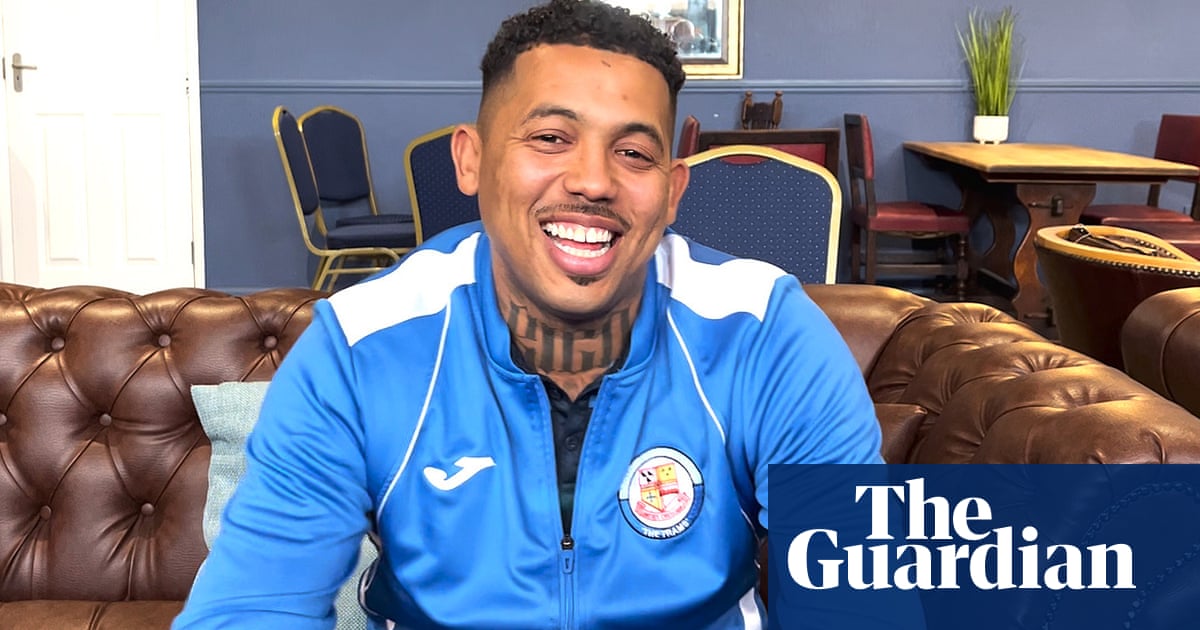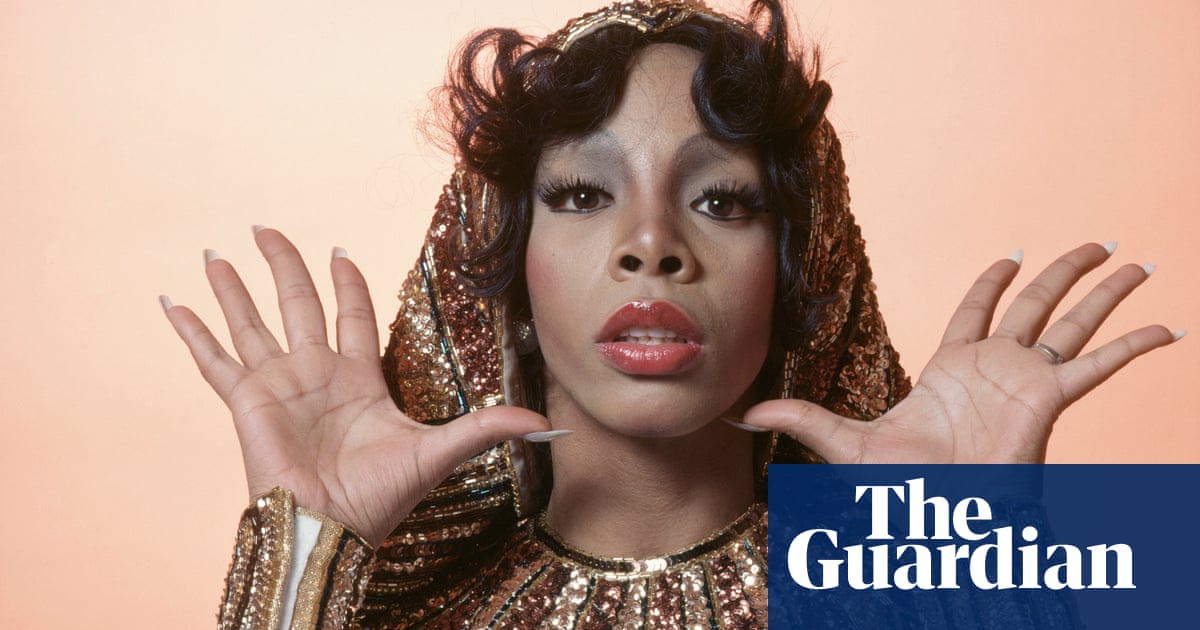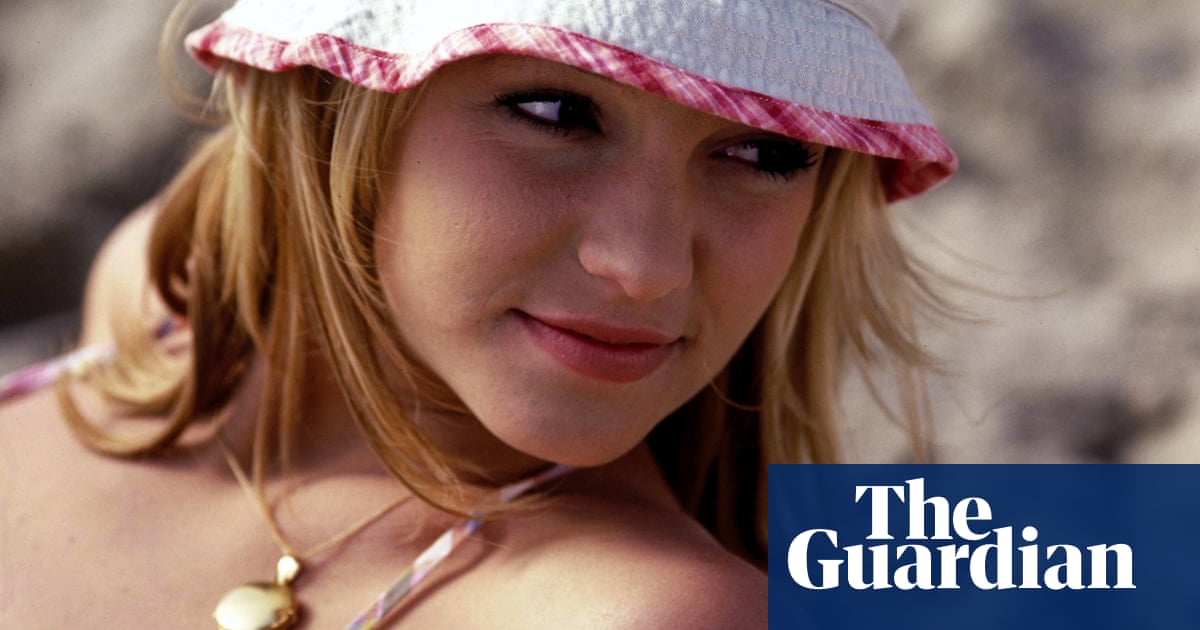
You are a talented young musician whose career has taken off in the past couple of years. Artists you greatly admire want to collaborate with you, declaring themselves “floored” by your music, and excitable comparisons are made to the work of Bob Dylan and Leonard Cohen. Now you’re touring the world, jetting off to faraway places that you could only dream about while growing up in west-coast suburbia. But when you get there – to Japan, say – you find yourself strangely unmoved by your surroundings. Worse, you end up longing for the everyday comforts you’ve left behind. You would rather skip the visit to the temple or the ride on the bullet train with your bandmates and sneak home.
This is the predicament in which Phoebe Bridgers finds herself on her new album, Punisher, a collection of beautifully wrought songs that cast a razor-sharp eye on the absurdities of modern life. In Bridgers’s lyrical universe, dreams that appear beguiling from a distance are liable to fall flat in the space of a chorus. “I wanted to see the world,” she sings rousingly on Kyoto. “Then I flew over the ocean/ And I changed my mind.”
The irony of all this anti-wanderlust isn’t lost on Bridgers now. “There’s a lot [on the album] about wishing I was home, which is dark,” she admits over a Zoom call from Los Angeles. Since the pandemic hit, the 25-year-old, who lives alone in the arty Silver Lake area, has barely set foot outside her apartment. “I’m extremely locked down,” she says, pacing on a treadmill as she talks. “I’ve been to the store, like, three times since this all started. I’m taking it super seriously.”
This was meant to be a particularly busy time for Bridgers, whose album, her second, comes out on Friday. “Before all this started,” she says, “my publicist told me I didn’t have one day off for three months.” When we speak, Bridgers should be somewhere in the American heartlands on tour with the 1975, on whose new album she features. She looks it up on her calendar. “We’re supposed to be between Colorado and Omaha. Damn it!”
But maybe it’s about time she had a rest. Three years ago, Bridgers released her debut album, Stranger in the Alps, to admiring reviews. The NME called it “luscious but deeply sad”, while Pitchfork declared the single Motion Sickness, written after Bridgers’s separation from disgraced rocker Ryan Adams (more on him later), “one of the year’s most exquisite breakup anthems”.
Taking three years to deliver a follow-up may seem pretty laidback, until you consider that Bridgers has released two more records in the interim: an EP with Julien Baker and Lucy Dacus as Boygenius; and the album Better Oblivion Community Center with Conor Oberst, who described her easy falsetto as “an old friend you didn’t know you had”.
All three records testify to Bridgers’s flair as a songwriter, spiking her emo-tinged folk-rock with Technicolor vignettes about murder, doomed love and lolling around in low-lit bedrooms. Her songs capture the moods and rhythms of a generation hardwired to social media – Bridgers is a wry, surreal presence on Twitter – that views the world and their future in it with a mix of humour, detachment and dread.
Her writing gets better still on the new album, from the eerily dreamlike opener Garden Song, with its vision of a childhood home going up in flames, “except the notches in the doorframe”, to the stormbound climax of I Know the End, where impending apocalypse is soundtracked by “some America First rap country song”. (She’s no fan of Trump: “Our president,” she says, “is posing as anti-authority but he’s not, he’s a fucking dictator.”)
Bridgers’s lyrics are often described as dark and brooding, but they can be funny too, often jarringly so. (“I hate your mom,” she announces, without warning, to a love interest on I See You). The jarring effect is important, she says, because she writes best when testing limits. “It’s very easy to write kind of just whatever lyrics,” she says, “but all my favourite lyrics are just like truthful, weird shit that you have to dare yourself into actually writing down.”
Right now, with no one else around to speak weird truths to, Bridgers finds that she is becoming her own target. “A punisher,” she says, referring to the album title, “is someone who doesn’t know when to stop talking. And I was thinking the other day: this is my house of punishment. I am stuck here with my intrusive thoughts … It’s forcing me to deal with a lot of shit.”
Bridgers found an outlet for her creative energies early on – “too early”, she says. Growing up in Pasadena, just inland from LA, with music a constant presence at home, she found it easy to imagine future stardom. “I felt like I had a God-given gift,” she laughs. “Aged 12 or 13 I was just like, ‘Wow, I’m the next Bob Dylan.’”
Her parents were supportive of her ambitions and at 13 Bridgers was accepted at a high school that specialised in performing arts. She started gigging soon afterwards and in 2014 was offered a part in an iPhone ad. Bridgers accepted, viewing this and subsequent commercial work, for brands such as Taco Bell, as a way to bankroll her musical ambitions or, as she puts it now: “Work for five days a year and make your own trust fund.”
Later that year, after turning 20, she came to the attention of the singer-songwriter Ryan Adams, who was nearly twice her age. Inviting Bridgers to perform at his studio, he fed her compliments and talked about releasing her songs on his label. They started dating but soon afterwards Adams “turned obsessive and emotionally abusive”, as Bridgers put it in a 2019 New York Times exposé. The article, which drew on testimony from several women, alleged that Adams had a history of promising to help female artists with their career while pursuing them for sex, then withdrawing offers of support if they spurned him and in some cases subjecting them to emotional and verbal abuse. (Adams has denied the accusations.)
When she met Adams for the first time, she tells me, “I thought he was really cool”. “In retrospect, hearing about everybody else’s experience, it put mine really starkly in contrast. And I remember feeling sad and hurt and sick about all of it, but I didn’t really have the words to describe it until later, when I started connecting with everybody else and our timelines matched up so creepily… But no, I was totally enamoured with him and was like, ‘Oh, shit, that’s like my adult life starting.’ He was so championing me. He was wanting to record all the time. And I never really had that before.”
When Bridgers broke off the relationship, Adams rowed back on his promises of support, though he did eventually release three songs on his Pax-Am label. Unlike some of the other women who later spoke out against Adams, Bridgers was able to keep her career on track – Motion Sickness, which took aim at their relationship, has had nearly 35m plays on Spotify – but the experience left its mark. When I ask Bridgers whether she thinks there are many other untold stories like that in the music industry, she says: “I know for a fact there are.”
Her recent collaborations have been far more positive. Working with Baker, Dacus and Oberst were “fucking incredible experiences – like summer camp as an adult”, she says. “It helped me relax my weird, tight little world of wanting to control everything. Being able to say, ‘What do you guys think about this?’ has totally changed the way I write and for the better. I used to think of it as way more solitary. And now I’ve learned how to bring people into it.”
How would she describe her lifestyle as a musician, pre-pandemic? If there was a barometer for rock’n’roll excess, would she register high on it? She splutters. “No, very low! Boygenius and I were all in our pyjamas by 11.45pm after getting off stage at 11.30.” Getting up at 8am to practise yoga was a higher priority. “Very, very square,” she says.
So perhaps being stuck at home is not a major disruption? “I’m being more domestic than I’ve ever been,” she says. “I learned how to clean for the first time. I just folded in all my boxes and recycled them and it was orgasmic.” She also found time to appear on Jimmy Kimmel (performing Kyoto from her bath with a toy microphone) and interview the Normal People actor Paul Mescal on Instagram.
The world may be in a perilous state and Bridgers has no idea when she’ll next step on to a tour bus, let alone leave her apartment, but, she says, only half-joking: “I think there are major gaps in my adulthood that I’m filling right now.”












